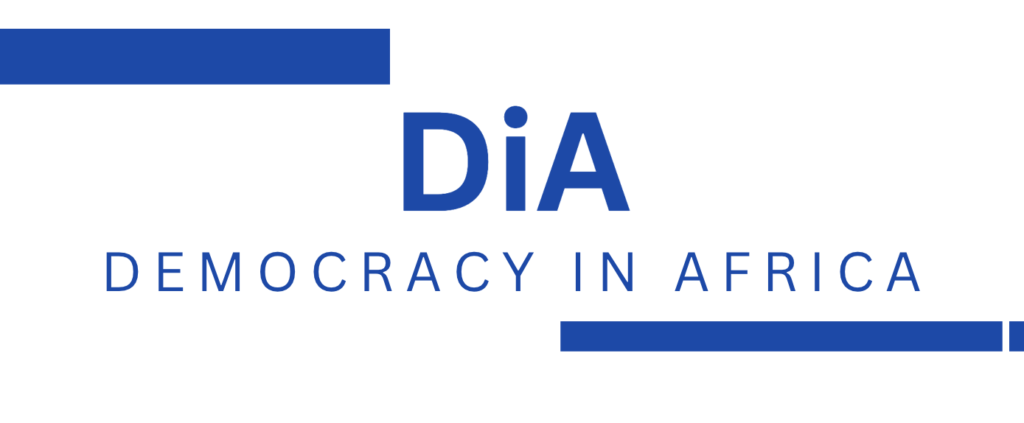South Africa’s Government of National Unity: Can It Resolve Political Deadlock and Revive the Economy?
South Africa stands at a political and economic crossroads. The proposed Government of National Unity (GNU), though conceptually ambitious, requires extensive national-level negotiations among diverse stakeholders both within and outside formal political institutions. Balancing the priorities of these various interests while reviving a sluggish economy will demand strenuous bargaining and the crafting of a developmental strategy that prioritizes industrial manufacturing. Yet, it remains crucial for South African political elites to understand their current position to navigate towards a prosperous future.
A Complex Political Landscape
The national political landscape of South Africa is a mosaic comprising a bipartisan core and a multiparty periphery. At the core are the dominant African National Congress (ANC) and the Democratic Alliance (DA). A group of eight smaller political parties also exists, presenting a façade of inclusivity, but in reality, they heavily depend on ANC patronage.
Despite their rivalry, the DA is not averse to dispensing patronage to secure strategic interests. For example, ANC and DA leaders allocated the premiership of KwaZulu-Natal to the Inkatha Freedom Party (IFP) to sideline Jacob Zuma’s uMkhonto weSizwe Party (MKP) from provincial governance. This maneuver aims to deprive the MKP of a platform from which to distribute lucrative government tenders and sinecures, thereby limiting its ability to expand its support base.
The appointment of IFP President Velenkosini Hlabisa as Minister of Cooperative Governance and Traditional Affairs is another strategic move designed to win over traditional Zulu leaders from Zuma’s influence to the ANC-DA coalition.
Challenges in Gauteng and National-Level Implications
However, the DA faces significant challenges within Gauteng, South Africa’s economic hub. ANC provincial Premier Panyaza Lesufi has formed a minority government comprising the IFP, Patriotic Alliance (PA), and Rise Mzansi, effectively sidelining the DA from cabinet positions. This arrangement hampers the DA’s ability to influence national politics and complicates efforts to provide essential services to black townships, areas plagued by high crime rates, power cuts, and water shortages.
Municipal-level dysfunctions, if magnified to the national level, could lead to severe socioeconomic upheavals. The Union Buildings’ officials are acutely aware of the high stakes and the limited margin for error. Nonetheless, the DA operates under significant disadvantages that the ANC appears to exploit. Should the DA walk away from the GNU, it would risk enabling a coalition they have strongly opposed — an alliance between the ANC and either the Economic Freedom Fighters (EFF) or MKP.
Strategic Appointments and Broader Implications
In a bid to maintain control, the ANC has selectively placed leaders from the multiparty periphery into secondary ministries within a bloated thirty-two-member cabinet. This move nominally enhances inclusivity but imposes considerable strain on the already stretched fiscal budget. Meanwhile, critical briefs such as finance, police, and foreign affairs remain under ANC control. Finance Minister Enoch Godongwana, regarded favorably by global investors, continues to uphold neoliberal macroeconomic policies, while Senzo Mchunu’s lack of law enforcement experience as the Minister of Police raises concerns about necessary reforms.
Helen Zille’s public objection to the PA’s entry into the GNU may have thwarted PA President Gayton McKenzie’s ambitions to control the Home Affairs portfolio, now held by the DA’s Leon Schreiber. Despite this, McKenzie has a platform to amplify his populist messages, potentially diverting support from the DA in the Western Cape.
Economic Prioritization: The Way Forward
The ANC has skillfully managed to contain the impact of the DA’s entry into the national government by incorporating smaller political elements into positions of executive power. While this tactic helps maintain the ANC’s dominance, it provides little clarity on economic priorities. Policymaking must shift from taxing a stagnant economy for the sake of conspicuous consumption to growing the economic pie and investing in fixed capital formation. Public sector salaries need reduction, with savings channeled into social services for the unemployed and working poor. A revamp of the basic education system and an increase in skilled labor through trade schools are crucial for economic revitalization.
Should the ANC fail to prioritize economic development over political dominance, it risks further losses in future elections. South Africa’s journey toward unity and prosperity hinges on its leaders’ ability to navigate these intricate political and economic landscapes.
For more information on the African National Congress, visit their official website.
